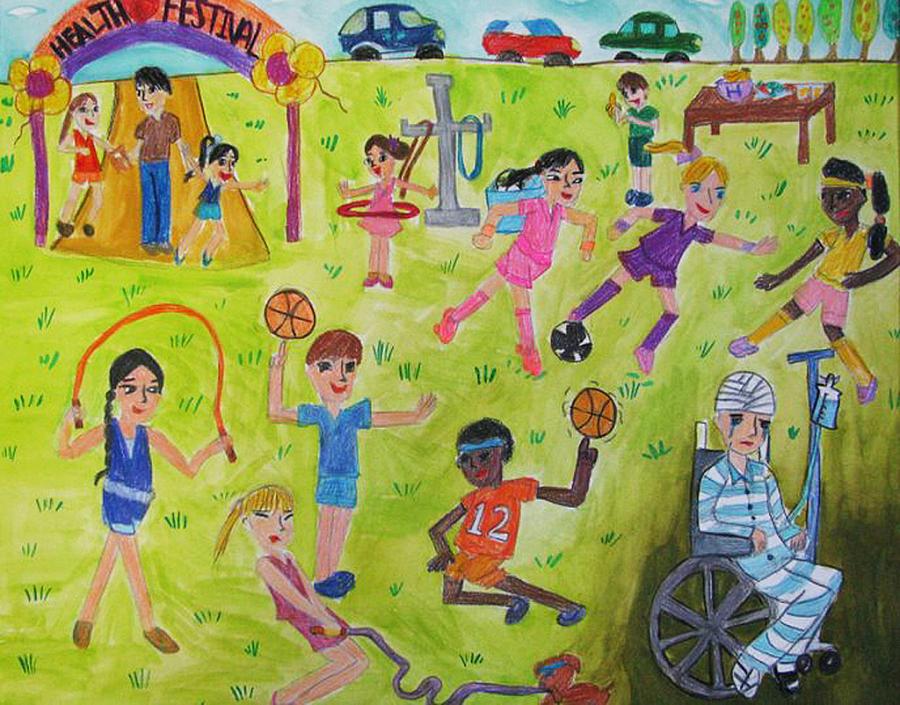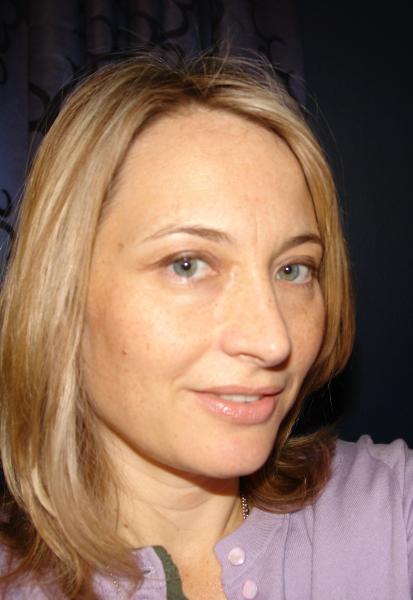Debunking Children's Health News: Q&A with Momma Data Blogger Polly Palumbo

Editor's note: Freelance health journalist Tammy Worth, who has written for the Los Angeles Times, the Economist, WebMD.com and Health.com, is guest-blogging for the Health Journalism Blog this month. Welcome, Tammy!
 Psychologist and mother of three, Polly Palumbo, PhD., writes the blog Momma Data, which aims to debunk sensationalist coverage of children's health issues. Palumbo, who lives in New Jersey, also blogs for Psychology Today and works as a consultant, deciphering studies on children's health and wellbeing for journalists, teachers, educators and organizations.
Psychologist and mother of three, Polly Palumbo, PhD., writes the blog Momma Data, which aims to debunk sensationalist coverage of children's health issues. Palumbo, who lives in New Jersey, also blogs for Psychology Today and works as a consultant, deciphering studies on children's health and wellbeing for journalists, teachers, educators and organizations.
I talked with her recently about her blog and what we can all learn – from the perspective of a researcher and parent – about covering children's health. Our conversation has been edited for length and clarity.
Q. What prompted you to start writing Momma Data?
A. My background is in psychology and research. I worked in research spanning psychology, education and health for some time. A lot of it focused on children and young adults.
I was still working in a research lab when I had my first child and was reading research and writing papers. I found myself reading more in the parenting section in magazines, online and in newspapers.
But I was always slightly frustrated or disappointed in them. If I was interested in the information, I would go back to the journal article and find that there was so much that didn't make it to the story. It was interesting and important information and so I started blogging about it. It started as a small project and has taken over my life.
Q. Who reads your blog?
A. A lot have a background in health education or science. There are moms and dads frustrated with what they read or see in the media, too. People may not have the scientific or health background, but they are very interested in those areas and want to go beyond what they generally hear and read.
One of reasons I started this was because some of the more interesting aspects of kid's health never make it to a general audience. I wanted to bring exposure to people who don't get to read those interesting tidbits in research. I would like to reach them, but I'm not sure that is happening.
Q. What are some of the most common problems with children's health reporting?
A. One big problem is that people often report one study at a time, which is not how researchers look at things. They look at everything before and put it in context. When just one study is reported, the results tend to get overrated. One study sounds like it could be the most important to come down the pike, but it may be just a very small study. It happens every week.
It's like when the media kept reporting that 85 percent of college grads were coming back home and calling them the Boomerang Generation. It was a specific study by an organization called Twentysomething and it turned out there was never any proof that there was even any survey done. The organization no longer exists.
Q. What could the media do better in covering children's health?
A. Research is not reported in real terms. They say something like, "Breast feeding reduces the instances of ear infections by 200 percent," a term that is relative risk. You don't often hear instead that kids who are breast fed have 1.3 ear infections and kids who don't have 2.2 (I'm making up these numbers). When you hear real results, it doesn't sound as impressive.
That is a huge problem in science reporting in general. You don't often get results in real, meaningful terms telling you how it is going to impact your child or life.
Another issue is experts. It is good to have a lead researcher or co-author quoted, but they aren't always the most impartial observers. You have to talk to others who are less biased – I find that when you ask enough people, it's amazing what you'll find.
If possible, get access to the articles. The abstract doesn't provide the most interesting or important details. For instance, we have studies that link TV to all kinds of problems. And some are from reports from the parents' recall of how much kids watched. Retrospective self-reports aren't great.
Also, correlation isn't causation. Most of the research that is in the media about kids is probably observational in nature.
Q. What do you think the result is for readers when this kind of reporting happens?
A. It has several ramifications. The massive amount of studies that are afforded us is a double-edged sword. One study says, caffeine could cause miscarriages and the next one says it doesn't. I think it turns off some people. I have some friends who say they just don't believe anything they read. I think people are becoming skeptical but about the wrong things. They don't believe anything as opposed to looking at how good a study is. We've seen the disastrous consequences looking at vaccines and the autism scare. That had real consequences. For a lot of time information was unclear and uncertain and even when it was debunked, some of major media was reporting that there was a link.
Another huge issue is breastfeeding. I breast-fed all three of my kids, but mothers who don't do it are stigmatized. The reality is that there are studies that don't find any benefits and you don't often hear of those studies. If people knew how small some of those benefits are they would be surprised.
Related Posts:
At the next pharma love fest, spend some time with absolute risk
Danger! Writing about relative risks can lead your readers astray
Home page photo credit: Korean Resource Center via Flickr
